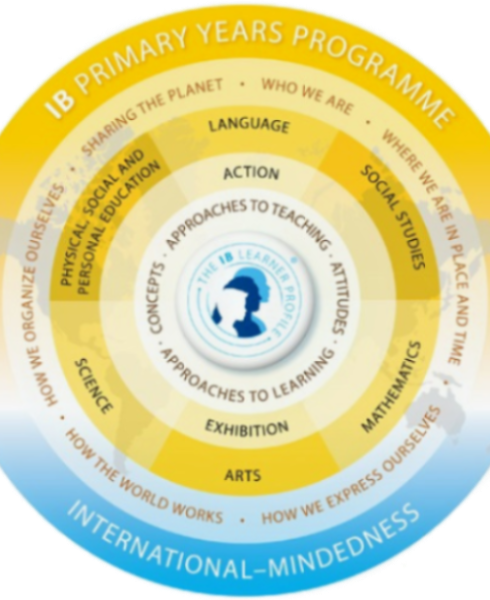
Alexander Charles Morton-Wright
.png)

Designing the Ideal Early Childhood Education Program
Family/Community partnerships & interactions
Children are the collective responsibility of the local community and parents and the local community will be viewed as partners, collaborators, and advocates for the children.
Parents & Local Community
Parents will be respected as the first teacher in a child's life and are involved in every aspect of the curriculum. Volunteering will be encouraged within classrooms and throughout the school for parents wanting to be more engaged with the school. Parents will also be deeply engaged in discussions about school policy, child development concerns, and curriculum planning and evaluation. The important engagement with the community and parents creates a positive learning environment inside and outside the classroom as parents are meaningfully engaged in their child's education.
The following forms of interactions will be encouraged
Parent's Evening: At the beginning of each new semester the parents will receive a presentation from the Chinese and Foreign lead teachers about the goals for the semester and then open the floor up for question.
Phone Calls: For emergencies or changes in plans for pickup the class phone number will be given to all the parents.
Class WeChat Group: For general purpose questions and distribution of information WeChat will be used for the Chinese International school.
Weekly Newsletter: This Will be sent out at the end of the week to provide a summary of the children's learning and any material that could be used to follow up or practice at home over the weekend.
Class Videos: Daily videos will be sent in the class WeChat group generally of group activities for parents to see their children being social and having fun.
Monthly Birthday Party: For all the birthdays that have been in a month we will celebrate them all on one day at the end of the month. Children will receive a small gift from the school.
School Community Events: There will be at least 4 events per year distributed every 3 months. THe summer may have an extra one.

IBPYP Approach
The IB learner profile describes a broad range of human capacities and responsibilities that go beyond academic success and imply a commitment to help all members of the school community learn to respect themselves, others and the world around them.
The IBPYP transdisciplinary themes include; who we are, where we are in place and time, how we express ourselves, how the world works, how we organize ourselves, and sharing the planet.
Inquiry-based and student-centered education with responsible action at its core, enabling students to learn between, across and beyond traditional subject boundaries. The framework serves as the curriculum organizer and offers an in-depth guide to achieve authentic conceptual inquiry-based learning that is engaging, significant, challenging and relevant.
High Scope Approach
Plan-Do-Review: Children make choices about what they will do, carry out their ideas, and reflect on their activities with adults and peers. By participating in the plan‐do‐review process, children gain confidence as thinkers, problem‐solvers, and decision-makers. Learning how to act with intention and reflect on the consequences of their actions. Abilities that will serve them well in school and throughout their lives.
Active Participatory Learning: needs five ingredients to be successful. Materials, manipulation, choice, child language and thought, and adult scaffolding.
Conflict Resolution: HighScope uses conflict as a teachable SEL moment and has a six-step process to scaffold children’s understanding of conflict resolution.


Reggio Emelia Approach
Reggio classrooms aim to integrate with the surrounding environment including the rest of the school and its community. Believing children can best create meaning and make sense of their world through environments that support sustained, complex, changing, and varied relationships between people and a world of experiences, ideas and the many ways of expressing these ideas.
Physical Environment: Reggio preschools integrate nature into the classroom with a strong focus on natural light and plants. Classrooms open out into a centre piazza (public square) with open community play areas and access to courtyards with views of the surrounding community. Large windows in classrooms and on walls are used to increase natural light and exterior doors in each classroom to seamlessly switch to outdoor play.